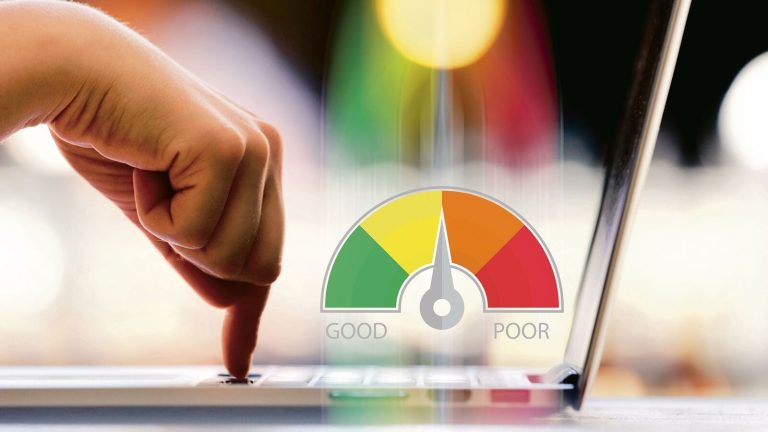In India, a bounced cheque can have an immensely negative impact on your overall integrity. It can also have serious legal and financial consequences.
Now, given a single instance of a cheque bounce may not directly impact your credit score, repeated occurrences of such events can indirectly affect your creditworthiness, integrity along with your overall credit profile. This write-up is dedicated towards discussing these concepts only in detail.
What is a cheque bounce?
A cheque bounce takes place when a person tries to submit i.e., deposit a cheque but their account does not have enough money to cover the total amount of the cheque. Now, one cause of a bounced cheque is a lack of funds in the account of the sender.
On the other hand, a cheque bounce can also take place due to a mismatch in signature, wrong date, overwriting on cheque, damage to the cheque itself, along with other similar technical issues. Banks generally charge hefty fees for all such dishonored cheques.
What are the implications of a cheque bounce on your credit score?
A dishonored cheque in itself, generally does not directly impact or lower your credit score. Credit bureaus such as: CIBIL, Experian, Equifax, and CRIF High Mark primarily check and track credit related activities such as loan repayments, credit card bill repayments, other similar credit dues etc.,
Still, if a dishonored cheque results in you missing an EMI payment or a due on your credit card, then it can definitely impact your credit score adversely. That is why, it is important to always keep in mind that all kinds of credit payments should be made on time with complete sincerity. As this boosts an individual’s honesty and integrity as a whole and also boosts the credit score.
What are the legal ramifications under Indian law?
Now, under the Section 138 of the Negotiable Instruments Act, 1881, issuing a cheque that bounces due to insufficient funds is a criminal offense. Penalties can include fines and imprisonment for up to two years.
What are the preventive measures to avoid cheque bounce?
To safeguard your financial integrity, reputation and credit score:
- Use the method of digital payments: Consider using digital payments as a tool to guard against cheque rejection. Avoid using cheques to avoid damage to your reputation by transferring money digitally.
- Go to the bank and update your signature: If you have changed your signature or have doubts on the same, update it with your bank with relevant documents. This will ensure that the possibility of mismatch in signature is eliminated.
- Check and verify cheque details: Double check the amount, date, signature and cheque quality to avoid errors. Sometimes even old and damaged cheques are rejected.
- Maintain adequate balance in bank account: Do ensure that you are maintaining sufficient balance in your bank account. So that no cheque is rejected due to this reason at-least. If you don’t have enough balance don’t sign a cheque, it is as simple as that.
Conclusion
Hence, a single cheque bounce might not directly impact your credit score. Still, the indirect consequences can be serious. That is why on your part you should respect the Indian law, maintain financial integrity and discipline.
This can be done by ensuring accurate cheque issuances, keeping adequate balance in your bank and following up the entire process of cheque clearance right until the end. These simple steps can help you in preserving your creditworthiness and boosting your credit score as well.
Disclaimer: Mint has a tie-up with fintechs for providing credit; you will need to share your information if you apply. These tie-ups do not influence our editorial content. This article only intends to educate and spread awareness about credit needs like loans, credit cards and credit scores. Mint does not promote or encourage taking credit as it comes with a set of risks such as high interest rates, hidden charges, etc. We advise investors to discuss with certified experts before taking any credit.



